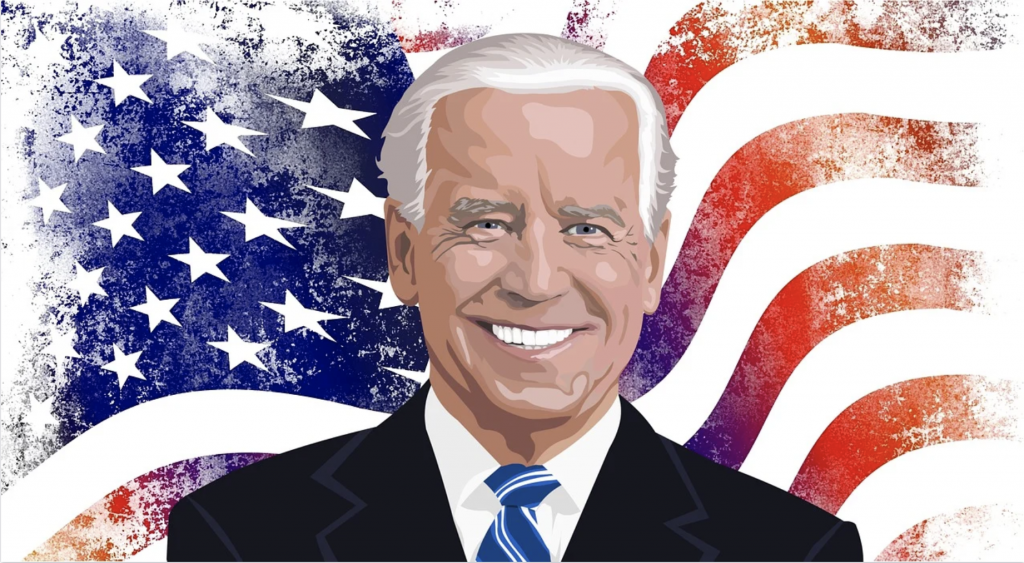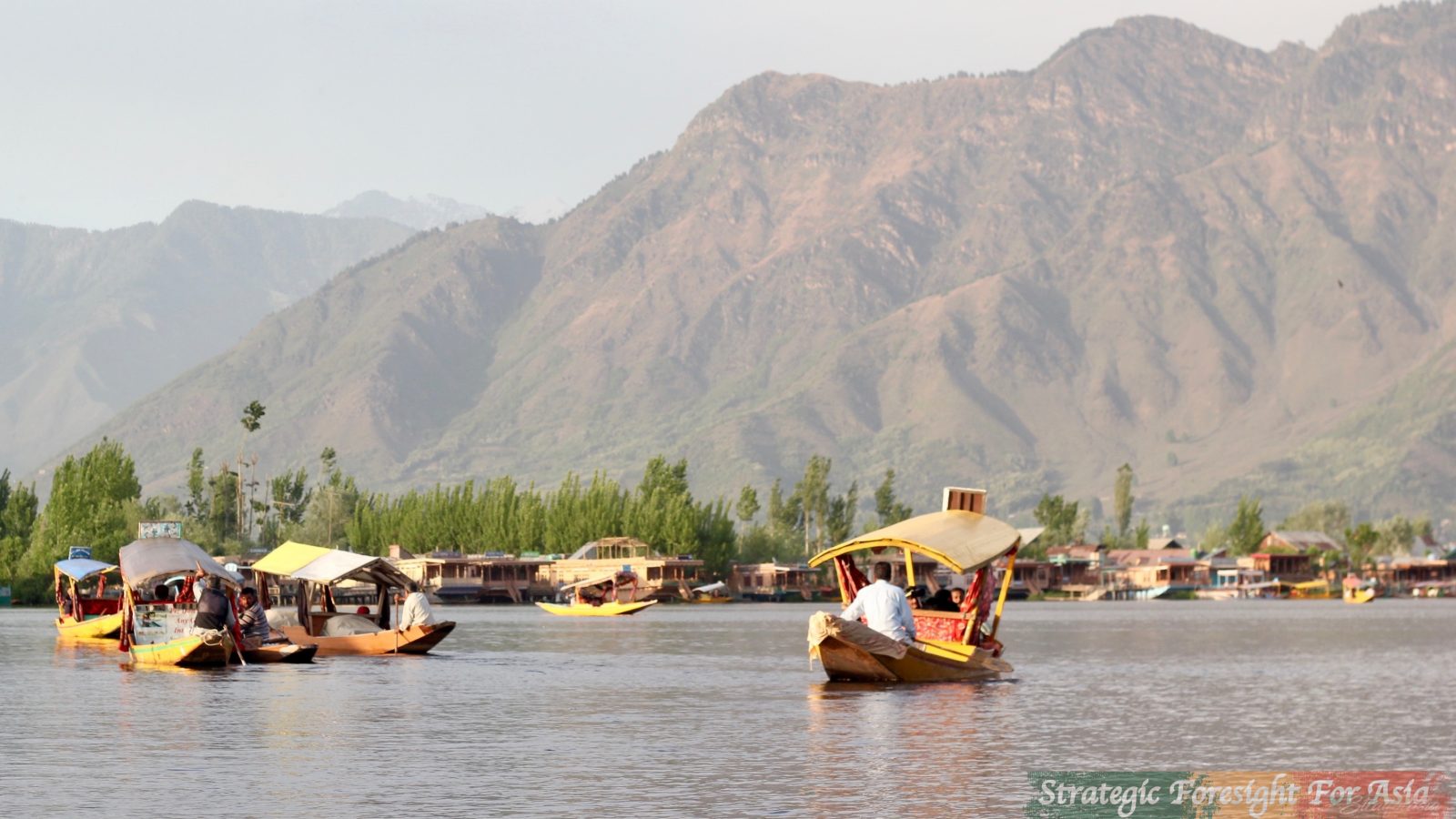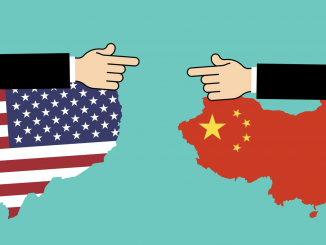
Being the two leading super powers, Sino-US rivalry is not surprising for the political thinkers. Unveiled in 2013, China’s Belt and Road initiative (BRI) is now a big hit. Around 139 countries from all over the world are formally affiliated with the initiative and almost 2600 projects are the part of the plan. The U.S has always remained a strong critic of this initiative. It points that BRI is China’s master plan to dominate the globe. Further, it says that for China, BRI is a strategy to fulfil its geopolitical and geostrategic ambitions and is nothing but a ‘debt-trap diplomacy’. On the other hand, China claims that BRI will improve the economy and infrastructure of developing countries and is a win-win situation for all the member states.
This year, the UK has been selected to the 47th G7 summit held on June 11-13 in Cornwall. Canada, France, Germany, Italy, Japan, the UK and the US are the seven big democracies of G7 countries. It has been observed that China was the main focus of the whole summit. Keeping in view the intensifying Chinese influence, the U.S is very much concerned to counter China’s supremacy. For this purpose, President Biden announced the Build Back Better World (B3W) initiative, a Covid-19 relief and $40 trillion global infrastructure investment project designed to compete with China.
Biden has always criticised Beijing’s BRI for not being a transparent project. It insists that through this project, China is taking over the key points of developing countries. To present his initiative as more reliable, he emphasized that B3W is transparent and climate-friendly as compared to BRI. He aims that G7 and other like-minded states will coordinate and cooperate in mobilizing private-sector capital in sector of environment, health and health security, digital technology, gender equity and equality. Furthermore, G7 claims infrastructure development is carried out in a transparent and sustainable manner. Moreover, the initiative financially, environmentally, and socially will prompt a better result for recipient communities and countries. The investments will be made in a way steady with accomplishing the objectives of the Paris Climate Agreement. B3W additionally claims to maintain strong standards and offer good governance. The project pledges to infuse investment by following the guidelines provided by the Blue Dot Network, regarding climate and environment, employment and social security, transparency, funding, construction and many other areas. It will conceive countering the forceful model of improvement and build up a more comprehensive model of global development, the U.S claims.
Heads of the seven major industrial countries have promised one billion Covid vaccine doses to developing and poor states as a big initiative towards vaccinating the whole world. At the end of the G7 Summit, the PM Boris Johnson said nations were dismissing “nationalistic approaches”. He further added that vaccinating the world would demonstrate the significance of the G7’s democratic values. Vaccines will be provided either directly to the countries or through the Covax scheme, which is being co-led by the World Health Organization, the Coalition for Epidemic Preparedness Innovations and Gavi. The communiqué issued by the summit pledges to fight the pandemic and plan for the future by driving an enhanced worldwide effort, starting quickly, to vaccinate the whole world by providing maximum number of people safe vaccines in minimum time period.
There was additionally a pledge that included steps to tackle climate change, with leaders once again committing to the goal of reaching net zero ozone harming greenhouse gas emissions by 2050 at the latest and vowing to eliminate most coal power.
Furthermore, G7 counties pledged to revive their economies with proposals that create jobs, put resources in infrastructure, drive advancement, support public, and level up so that no spot or person, regardless of age, gender or nationality is left behind. They assert that their initiative will build back better world by setting up a clean, green growth fund for infrastructure developments in under developed countries. Most importantly, they were focused to overcome China’s impact on world trade and challenge exercises which sabotage the transparent and fair operation of the world economy. Additionally, they decided to call on China upon human rights violation, particularly in relation to Xinjiang, where it has been blamed for abuses against Uyghur Muslims.
It has been noticed that President Biden is trying to present the post-pandemic world as a battle among democracies and autocracies. The G7 has gained notoriety for being an informal structure of cooperation on major global affairs, which is led by a shared dedication to the cardinal values of liberal democracy. At the conclusion of a Group of Seven leaders’ summit Biden told a news conference that the contest is not only with China but with all the autocrats and autocratic governments around the globe. He further added that the U.S will carry out a straightforward dealing with China as he is not looking for a conflict and will prioritize cooperation where possible. Mr. Biden said the leaders’ advocacy of a global minimum tax would assist with guaranteeing worldwide equity and an initiative to fund infrastructure projects in the underdeveloped countries would counter the Chinese influence, giving what he said was a “democratic alternative.” He emphasized that B3W would definitely promote democratic values and not an “autocratic lack of values.”
China does not consider B3W as a serious threat to its BRI. A spokesman for the Chinese embassy in the U.K was cited by Reuters news agency as saying that the days when global decisions were directed by a small group of countries are a distant memory. We always maintain that states, big or small, poor or rich, strong or weak, are equals, and that global affairs should be taken care of through consultation by all nations.
B3W is probably not going to pose a major geopolitical threat to BRI’s success. B3W’s stricter principles will bring about more public scrutiny. In addition, higher up-front expenses and longer timelines are making it less competitive. Without direct funding systems, it is also less streamlined. Other efforts to contend with BRI by the Group of Twenty, Japan, EU, and the Blue Dot Network have all inadequate to confront Beijing. B3W is probably going to stick to this same pattern.
B3W can contribute to rebuild a more prosperous, connected and secure world. To be victorious, it does not need to “beat” BRI. All it needs is to simply execute its project as pledged, by keeping in mind the requirements of B3W accomplices first and investing in a socially, financially and environment friendly way.
![]()




Stunning🌺
Nicely covered the topic. What would be the approach of Pakistan if B3W offers its more investment than China in different projects???
Well written
Well researched. Found it helpful.